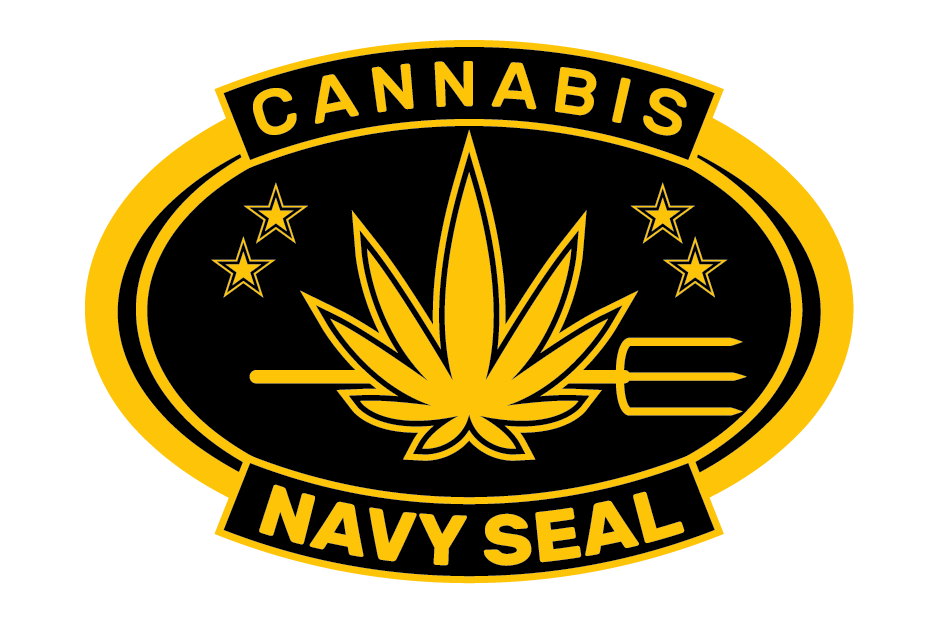For many Navy SEALs, life after the Teams can feel like stepping into unknown waters without a compass. The mission-driven mindset that defined every day in uniform suddenly vanishes, leaving a void that few civilians can truly grasp. Yet, amid the uncertainty, countless former SEALs are discovering a renewed sense of purpose—one built not on warfare or tactics, but on resilience, leadership, and service in new forms.
The Identity Shift
Transitioning from the SEAL Teams to civilian life is one of the toughest missions a veteran will ever face. For years, these elite warriors train to operate with precision, discipline, and unity. Their identities are forged through hardship, brotherhood, and sacrifice. When that structure dissolves, so too can their sense of belonging.
The challenge often isn’t about employment or physical recovery—it’s about redefining purpose. Many veterans describe it as losing their “tribe.” The adrenaline rush of missions, the clear objectives, and the camaraderie that once gave life meaning are suddenly replaced by silence and a world that doesn’t speak their language.
Turning Experience Into Empowerment
What separates SEALs from most is their unbreakable mindset. That same discipline and adaptability that made them effective operators can also be their greatest asset in civilian life. Across the nation, former SEALs are channeling their energy into entrepreneurship, philanthropy, and advocacy—reimagining the mission by helping others.
Organizations like The Honor Foundation and SEAL Future Foundation are instrumental in this process. They help transitioning operators translate their unique skills—strategic thinking, decision-making under pressure, leadership, and perseverance—into meaningful civilian careers. From launching fitness brands and tech startups to coaching executives and mentoring youth, SEALs are proving that purpose doesn’t end when the uniform comes off—it simply evolves.
Healing Through Brotherhood
While success stories are plenty, the struggle is real. Mental health remains a significant challenge for many veterans, especially those who have faced combat or the loss of teammates. Post-traumatic stress, depression, and identity crises can surface quietly but powerfully.
Yet, brotherhood endures beyond service. Veteran-led retreats, fitness programs, and peer-support groups have become essential lifelines. They provide more than therapy—they rebuild connection. Whether through surfing therapy programs, ranch retreats, or group workouts, the goal remains the same: to restore that sense of belonging and mission focus that once defined their lives.
A New Kind of Mission
For many SEALs, the post-military mission is one of impact rather than combat. Some dedicate themselves to helping fellow veterans navigate transition. Others focus on educating the public about resilience, leadership, and mental strength. Some even turn to art, writing, or public speaking to share lessons learned from the battlefield.
In every story, one theme stands out: the mission never truly ends—it just transforms. The battlefield may be different, but the call to serve remains. The same courage that carried them through dangerous operations now fuels their journey toward healing, entrepreneurship, and advocacy.
Carrying the Legacy Forward
Finding purpose after the Teams isn’t about leaving the past behind—it’s about carrying it forward. The discipline, loyalty, and selflessness that define Navy SEALs are timeless qualities that continue to inspire others. By reimagining the mission, these warriors prove that strength isn’t just about endurance—it’s about evolution.
For those who once lived by the motto “The only easy day was yesterday,” the next chapter is clear: the mission continues—this time, with purpose redefined.
Discover veteran owned brands that give back to the community here.

